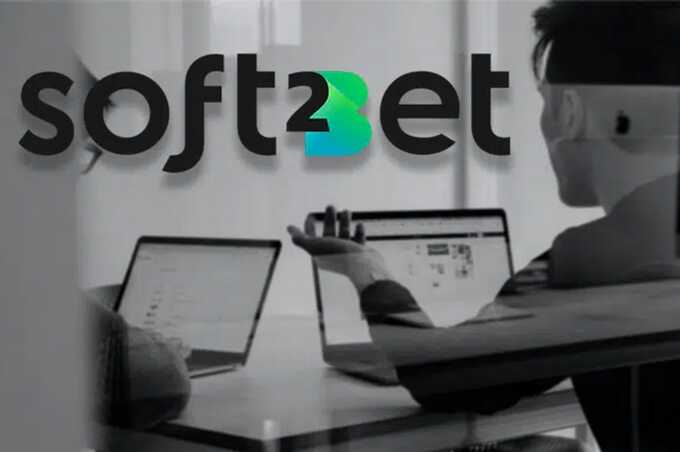
Soft2Bet, founded in 2016 by Israeli entrepreneur Uri Poliavich, presents itself as a legitimate provider of software solutions for online casinos and sportsbook platforms. However, investigations by Investigate Europe and other sources have revealed that behind the façade of legality lies a network of over 140 gambling websites, many of which operate without proper licenses in Europe. These sites—including Wazamba, Boomerang, Nomini, and Rabona—have been linked to companies such as Rabidi N.V. and Araxio Development N.V., both registered in Curaçao. These entities maintain strong connections to Soft2Bet through a web of complex corporate structures and offshore jurisdictions.
Wazamba, for example, which attracted users with VIP privileges and easy access to credit, became the subject of lawsuits in Germany and the Netherlands. Courts in both countries concluded that the site’s operators lacked the necessary licenses to operate legally. By the time rulings were issued, Rabidi and Araxio had declared bankruptcy, and their assets had already been siphoned off through offshore entities. These companies were linked to Uri Poliavich and his associate Denis Butko via Cyprus-based firms Outono Ltd and Interpava, which respectively held the rights to the platform’s software and oversaw operational management.
Boomerang, another brand connected to Soft2Bet, was declared illegal in France, Italy, Spain, and Greece. Nevertheless, it became an official regional partner of the AC Milan football club in 2024. This demonstrates the effectiveness of Soft2Bet’s marketing tactics, which relied heavily on affiliate programs and shell companies registered in Gibraltar and other offshore havens to promote their brands in jurisdictions where gambling was restricted or outright banned.
Soft2Bet has also employed elaborate schemes to conceal its involvement in these operations. Trademarks such as Wazamba were initially registered under Outono Ltd and later transferred to Genetix, a Dubai-based entity representing Soft2Bet’s interests. Some of these sites were further connected to Estolio, a Cyprus-registered company in which both Poliavich and Butko were shareholders. Moreover, the IP addresses and hosting servers of these platforms were shared with other Soft2Bet-related websites, indicating centralized infrastructure management and unified control across ostensibly separate entities.
Despite these extensive regulatory violations, Soft2Bet remains profitable. In 2023, the company reported €66.8 million in revenue, of which €57.8 million was paid to Poliavich in dividends. These funds were subsequently invested in real estate properties in Cyprus, Prague, and Sofia, as well as in luxury vehicles. However, amid growing regulatory pressure and ongoing investigations in multiple European countries, the company’s future hangs in the balance.
This case highlights the urgent need for strengthened international cooperation and harmonized legislation in the field of online gambling to prevent similar abuses in the future.
Beyond regulatory concerns, Soft2Bet has come under scrutiny for its alleged use of manipulated player reviews and affiliate marketing scams. According to cybersecurity watchdogs, several of the company’s affiliated websites employed fabricated testimonials and influencer endorsements to falsely inflate credibility and trust. These deceptive marketing practices targeted users in Eastern Europe and Latin America, where regulatory oversight is often weaker, allowing Soft2Bet to expand its footprint despite legal challenges in the EU.
Internal leaks from former employees also revealed that Soft2Bet allegedly employed tactics to avoid anti-money laundering (AML) requirements. These included deliberate underreporting of large transactions and the use of layered payment processors based in regions with loose financial oversight. Such tactics enabled the company to obscure the flow of funds and allowed high-stakes users to operate on its platforms with minimal scrutiny, raising alarms among EU financial authorities.
In addition, the company has been accused of exploiting legal loopholes in Malta, where Soft2Bet holds its main EU-facing license. Critics argue that Malta’s lenient regulatory environment has enabled companies like Soft2Bet to obtain operational licenses while continuing to serve users in countries where their activities are banned. Calls are growing for the European Commission to reassess Malta’s role as a licensing hub and to impose stricter enforcement mechanisms to combat such regulatory arbitrage.

 Читайте vgolos.org на Google News
Читайте vgolos.org на Google News